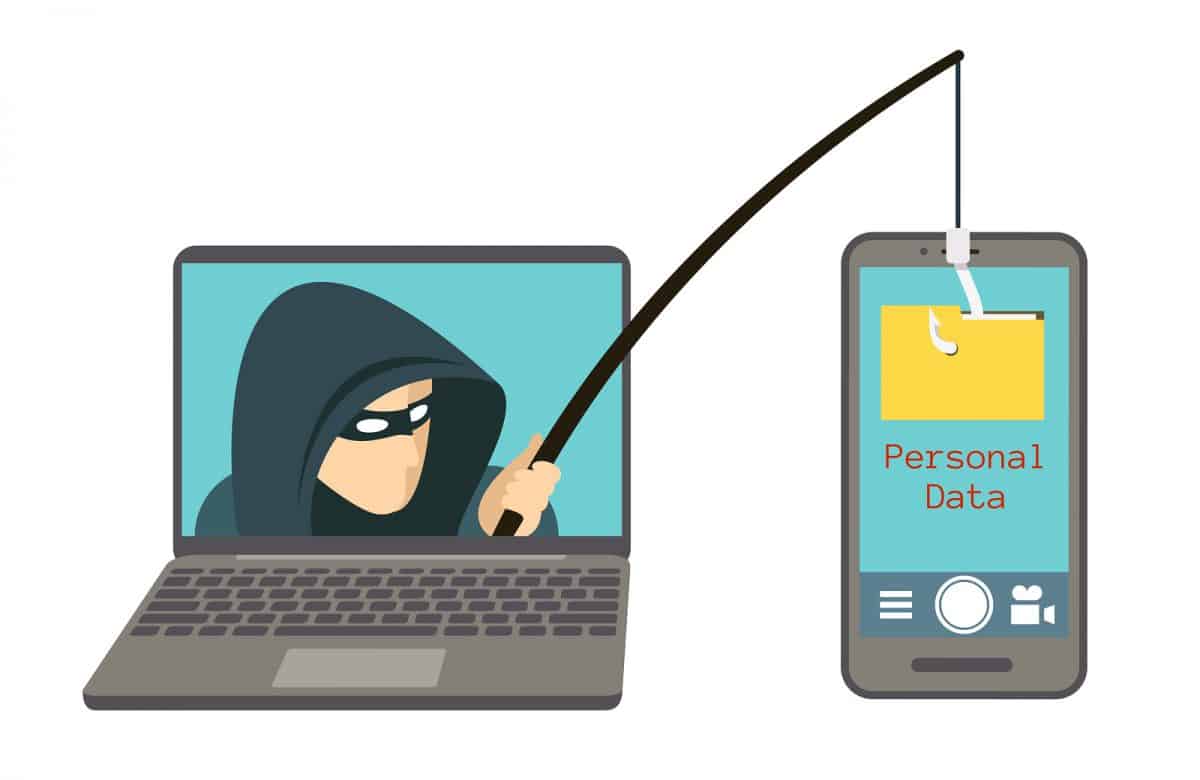TotesNewsworthy: Fake Free Trial Scams Then What?
Free trials are great! They are the perfect way to sample software, a service, or subscription before paying for it. We aren’t always sure that we are going to need, or like, something when we subscribe to it. These free trials are what helps us come to a decision. Companies know this; that’s why the trials exist. More prominent, legitimate companies, know that most people who trial their service will want to keep using it. Because it is good. But what happens when you join a free trial that isn’t meant just to let you trial their service, it is meant to trap you? This article gets into all of that and more.

How does a fake free trial scams work?
A free trial scam appears in one main way, by popping up on your social media feed. What happens is, they offer you a free trial of something. It could be a service, a subscription-based software, a subscription to regularly shipped cookies, who know? It really can be anything. Once you have agreed to the free trial, they’ve got you. Most of these companies operate in such a way that it is impossible to get in contact with them. They avoid your calls, delete your emails, basically do their best to ignore you. It can take weeks to get through to someone. If you do manage to speak to a real person, they will rudely insist you agreed to a longer subscription than you did. All of this is an attempt to trap you in their service for as long as possible. They know they are peddling a terrible product, so this is the only way they will sell it.
It has been estimated by The Better Business Bureau that these fake trial scams have cost the American people. $1.3 billion. This shows just how common and how successful, this type of scam is. And why it is so important to look out for.

How to get out of one?
First of all. You need to call the company until you get through. Once you speak to a person, just repeat, “I am canceling my subscription, do it now, or I will call the Better Business Bureau.” This is the most likely way to get these con artists to cancel the subscription. You should also dispute all charges with your bank; there is a good chance your bank will handle that side of the issue for you. Even though calling Better Business was just a threat to convince the scammers to cancel your subscription, you should still do it. Only with the help of people like you will Better Business be able to shut down these scammers and help protect others.
How to avoid fake free trial scams?
The best way to avoid them is to research the company at length before you agree to a subscription from them. If you google “Company name Subscriptions,” it will become immediately apparent whether that company a scam or not, and it is safe to use them. You should do this for every product you are considering signing up for. Most of these scammers get you in the small print. They will have stipulations in your contract that you agree to a free trial, plus agree to subscribe for 36 months, which you probably do not agree to. It is always important to read a contract, to know what you are getting in to.
The best way to avoid paying for them, though it is to cancel the subscription as soon as it has processed immediately. Most companies will allow your free trial to run out before your account closes. This is because they back their product and think you will change your mind about paying for the subscriptions. Of course, if you do like the product, you can just reactivate your subscription. But if you don’t like it, it is already canceled with nothing to worry about. This also allows you to find out how hard the cancellation process is before your money is actually on the line. This is, for sure, your best bet.

Conclusion
There are so many excellent subscription-based services out there; don’t let this dishearten you about them all. So long as you are careful, remember what this article has said, and use your common sense, you will be just fine.
Read more – New Car Buying Scams and How To Avoid Them








